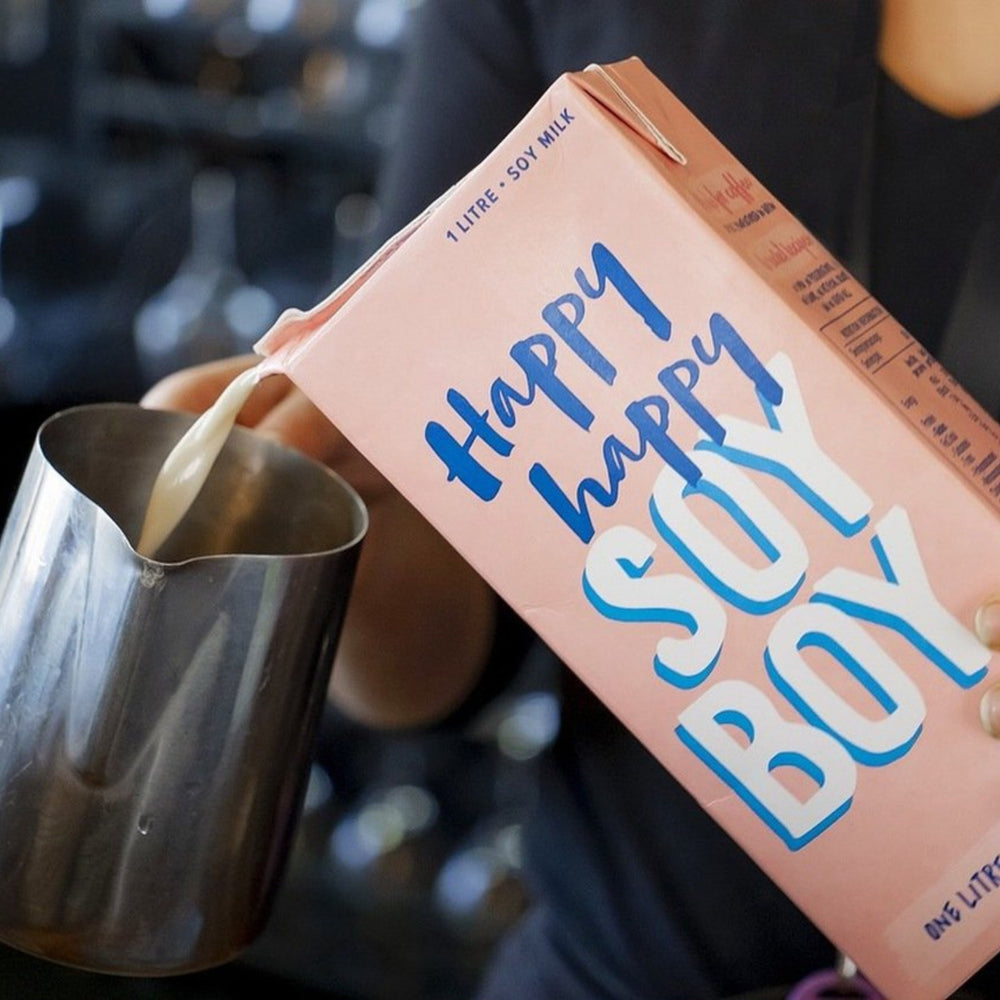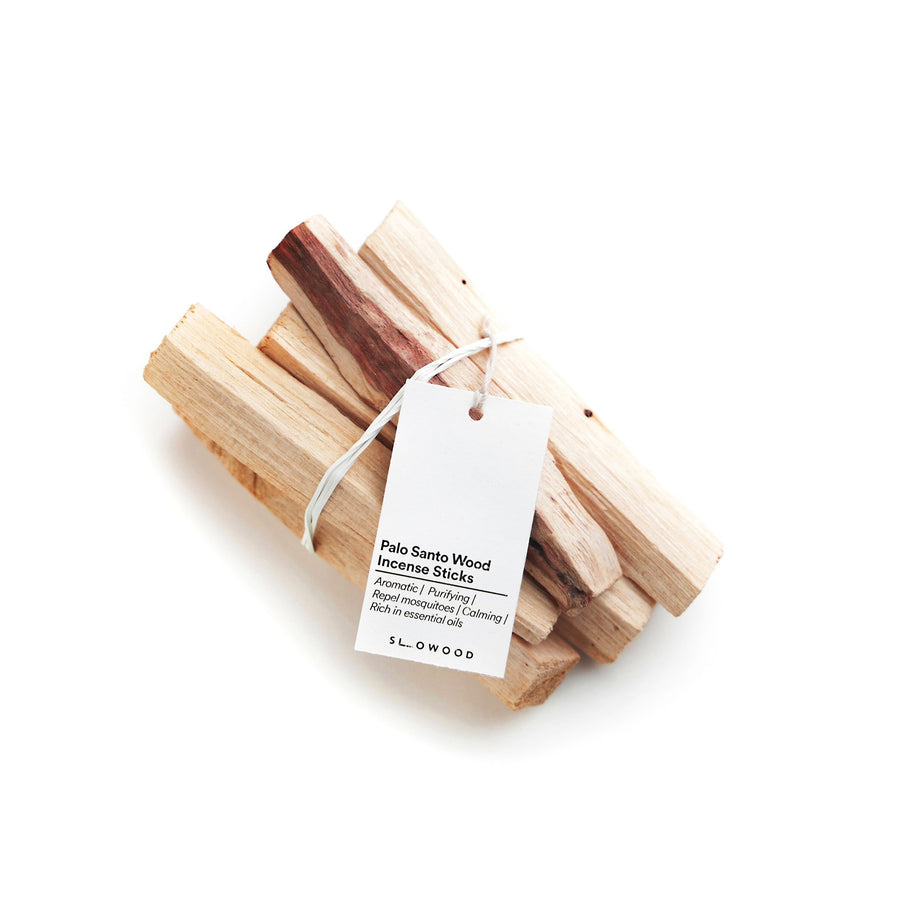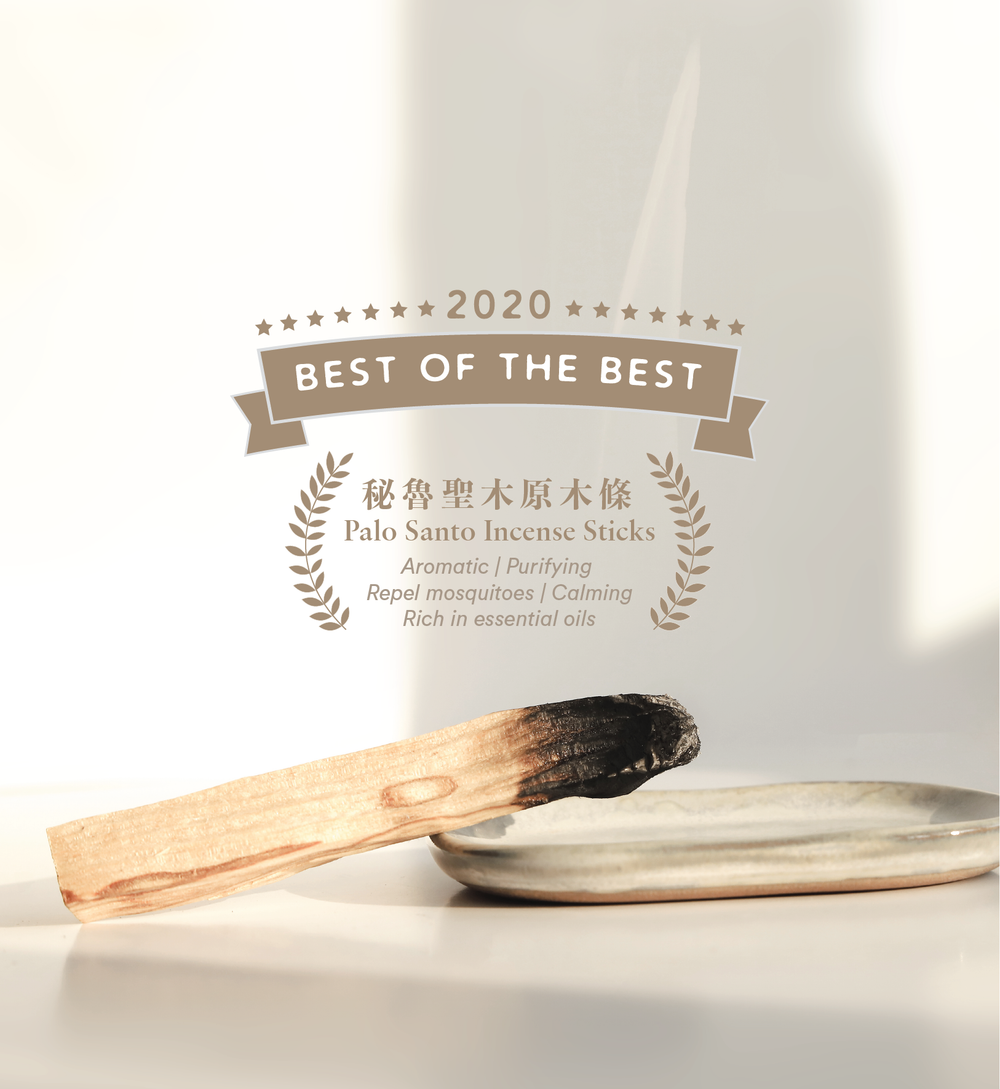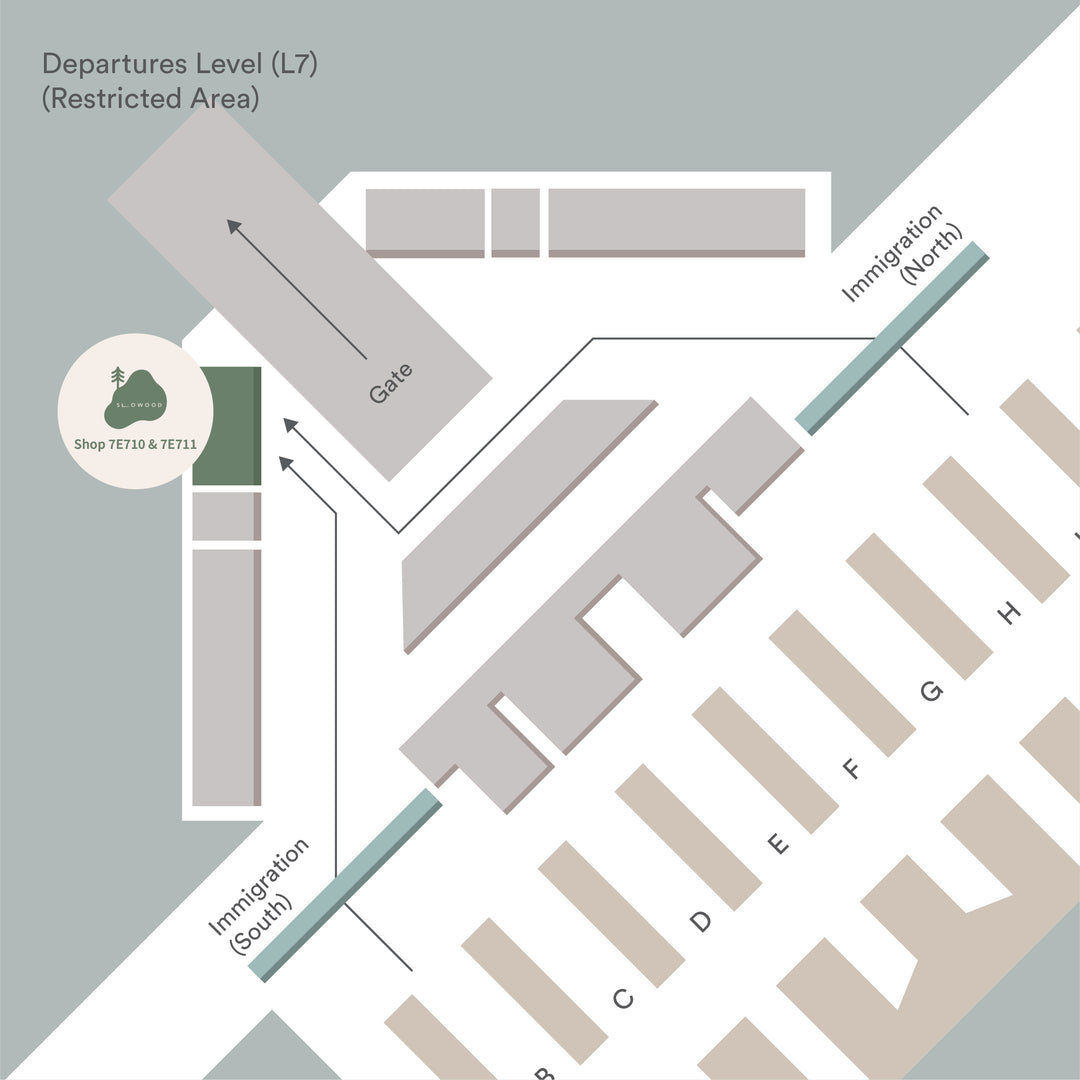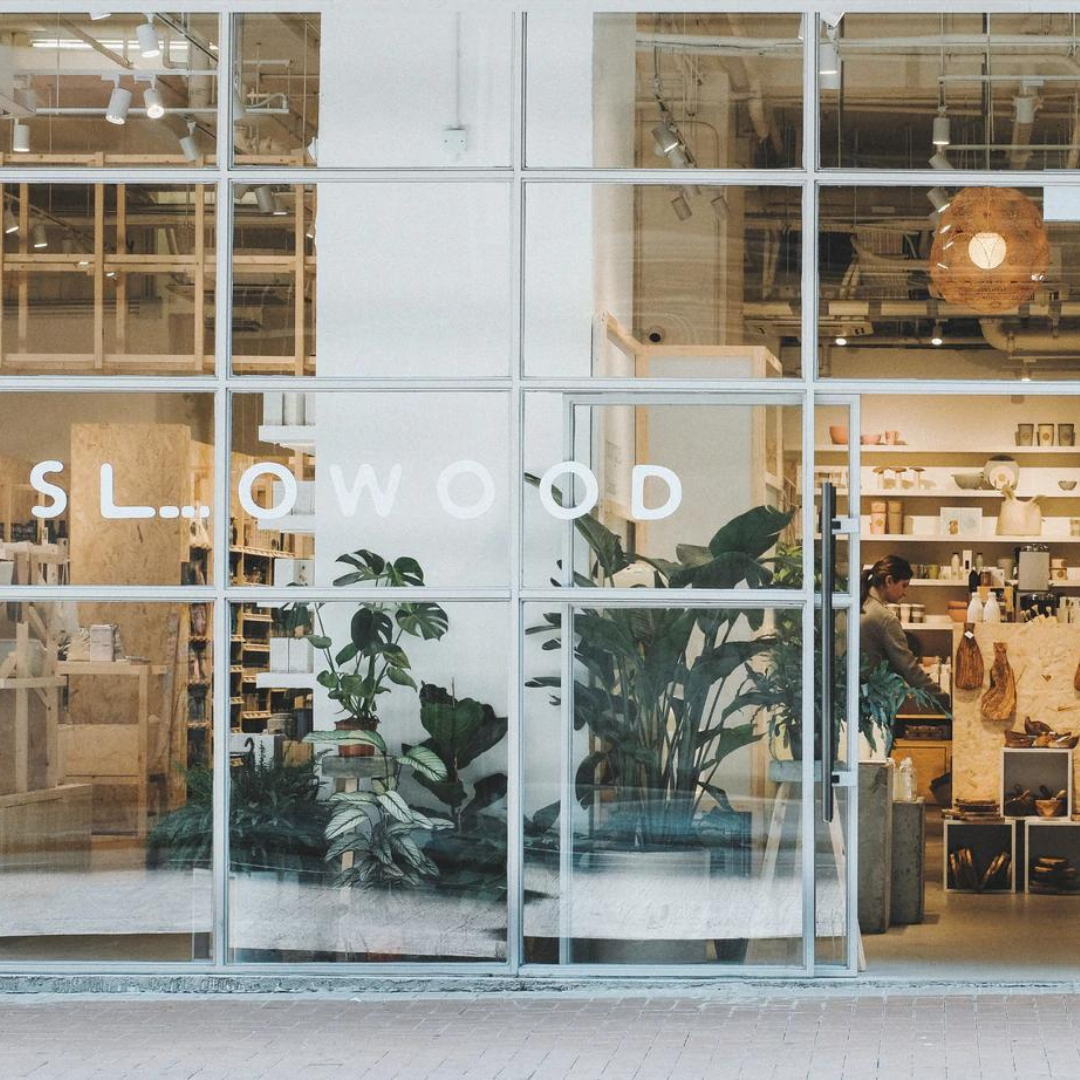REFLECT: FAIRTRADE & ETHICAL PRACTICE — Our Vision for a Just and Sustainable Future
Text by Eugenia Chow
Another way we can reduce our impact is by supporting companies that engender a positive social, environmental, ethical, and economic impact. Sustainability is not limited to one’s environmental footprint, but also requires a careful examination of how one’s purchases may inadvertently support supply chains that could potentially harm people in the process. For example, many industries employ labour from developing countries where workers are treated unethically or are paid unfair wages. By supporting these industries, we support their practices. Instead, we should seek out companies that promote good practices and align with our values.
During the production of tea, it is easy for people to be treated unequally. Often paid low wages and faced with discrimination, farmers commonly struggle to earn enough to even feed their families. Through Fairtrade tea, farmers and workers can bring greater security, equality, and opportunity to the lives of their families and communities. With ingredients sourced directly from growing communities and cooperatives who produce them, companies can develop a more meaningful and positive impact on the lives of growers and their families. Love Tea is an example of a tea company conducted on principles of fairness and equality, and their vision is to have every relevant component in their supply chain sourced as a fair trade minimum.
Similarly, making the shift to regenerative fashion lies not solely in the textiles and their effect on the land, but just as importantly, their impact on the people who grow it. Fairtrade ushers in a more equitable standard for how we treat the people making our clothes, promoting ethical practices at every stage of production. Currently, many fashion companies employ labour from developing countries. Facing few consequences, they underpay and overwork their employees in sweatshop-like conditions. While fast fashion comes at a low cost for consumers, it comes at a high cost for those who are actually making the clothes. With Fairtrade, farmers and workers have equal say in decision-making processes, ensuring safer working conditions and fostering sustainable community development.
Fairtrade and regenerative crops, however, should not be the end of our efforts. Living a regenerative life encompasses all aspects of our behaviour, and ultimately requires giving more than we take. By placing a greater value on acts that nourish other beings’ existence over our own personal gains, we can depart from the current degenerative systems and contribute towards a more just and sustainable future.
 |
Eugenia Chow Born and raised in Hong Kong, Eugenia is passionate about environmental justice and social responsibility. As a strong believer that individual actions carry tremendous weight, she runs a blog and Instagram page (@eugreenia), writing about how to live more consciously in Hong Kong. She also loves eating, exploring, or baking up some vegan goods! |



